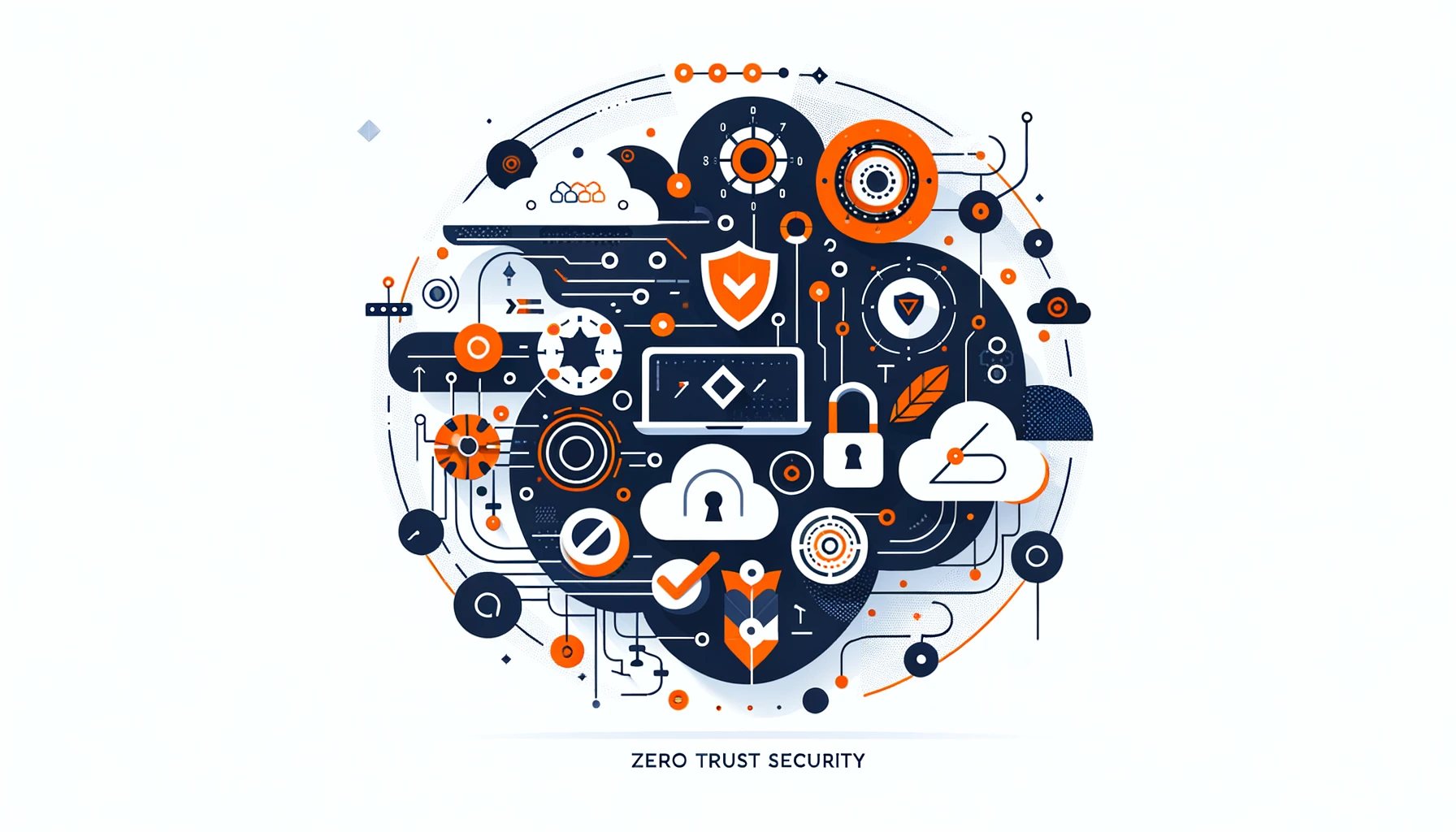
Zero Trust Data Security

Introduction
In today’s increasingly complex and interconnected digital landscape, data security has become paramount. Traditional perimeter-based security models are no longer sufficient to protect sensitive data from sophisticated cyber threats. This is where Zero Trust Data Security comes into play.
This article explains Zero Trust Data Security, which doesn’t rely on traditional boundaries. It shows how this approach can be used in database systems like PostgreSQL and MongoDB.
What is Zero Trust Data Security?
Zero Trust Data Security is a system that doesn’t trust any entity. It’s irrelevant whether they are within or beyond the network perimeter. It operates on the principle of “never trust, always verify“. This means the system needs to check every access request before allowing access to sensitive data.
Forrester Research introduced the idea of Zero Trust in 2009 to address the shortcomings of traditional perimeter-based models. In a Zero Trust environment, the focus shifts from securing the network perimeter to securing the data itself. This approach recognizes that threats can originate from both inside and outside the organization. Therefore, users or devices should not be automatically trusted.
Perimeterless Security
One of the core principles of Zero Trust Data Security is the concept of perimeterless security. In a perimeterless environment, organizations eliminate the traditional notion of a secure network perimeter. Organizations use security controls to restrict access to sensitive information at the data level. These controls are based on detailed policies and regular risk assessments.
Perimeterless security acknowledges that the network perimeter is no longer a reliable security boundary. Cloud computing enables users to access mobile device data from anywhere and at any time. Apply security measures directly to the data, regardless of where you store it or how you access this data.
Implementing Zero Trust Data Security
To use Zero Trust Data Security, organizations should use multiple layers like identity management, network separation, data encryption, and ongoing monitoring. Let’s explore how you can achieve this in two database management systems: PostgreSQL and MongoDB.
PostgreSQL
PostgreSQL is a powerful open-source relational database management system. To implement this security model in PostgreSQL, you can follow these steps:
Enable SSL/TLS encryption: Configure PostgreSQL to use SSL/TLS encryption for all client connections. This ensures that data transmitted between the client and the server is encrypted and protected from eavesdropping.
ssl = on ssl_cert_file = '/path/to/server.crt' ssl_key_file = '/path/to/server.key'
Use role-based access control (RBAC): Define granular roles and privileges for each user or application that needs access to the database. Assign permissions based on the principle of least privilege, granting only the necessary access rights.
CREATE ROLE readonly; GRANT SELECT ON mytable TO readonly;
Implement row-level security (RLS): Use RLS to enforce access controls at the individual row level. This allows you to restrict access to specific rows based on user roles or other conditions.
CREATE POLICY policy_name ON table_name FOR SELECT TO role_name USING (condition);
MongoDB
MongoDB is a popular NoSQL document database. To implement Zero Trust Data Security in MongoDB, consider the following steps:
Enable authentication: Configure MongoDB to require authentication for all client connections. Use strong authentication mechanisms like SCRAM-SHA-256 or x.509 certificates.
Example:
mongod --auth
Use role-based access control (RBAC): Define granular roles and privileges for each user or application. Assign permissions based on the principle of least privilege, granting only the necessary access rights.
Example:
db.createRole({
role: "readOnly",
privileges: [
{ resource: { db: "mydb", collection: "mycollection" }, actions: [ "find" ] }
],
roles: []
})Enable encryption at rest: Use MongoDB’s encryption features to encrypt data stored on disk. This protects sensitive data even if the underlying storage is compromised.
Example:
mongod --enableEncryption --encryptionKeyFile /path/to/keyfile
Continuous Monitoring and Auditing
In addition to the above measures, it is crucial to implement continuous monitoring and auditing mechanisms. This involves logging and analyzing all access attempts, user activities, and system events. By continuously monitoring the database environment, you can detect and respond to suspicious activities promptly.
Examples of monitoring and auditing tools include:
Conclusion
Zero Trust Data Security is a proactive approach to safeguarding sensitive data in the face of evolving cyber threats. By adopting a perimeterless security model and implementing granular access controls, encryption, and continuous monitoring, organizations can significantly enhance their database security posture.
This article discussed PostgreSQL and MongoDB. The principles of Zero Trust Data Security can be applied to various database systems. Evaluate your needs and choose the right tools and settings to meet your security requirements.
For user-friendly and flexible tools for database security, masking, and compliance, consider exploring the offerings from DataSunrise. Our team provides comprehensive solutions to help organizations implement robust data security measures. Visit the DataSunrise website to schedule an online demo and learn more about our products and services.
Remember, achieving Zero Trust Data Security is an ongoing process that requires continuous effort and vigilance. Stay informed about security practices.
Regularly review and update your security policies. This will help protect your sensitive data. The threat landscape is constantly changing.
